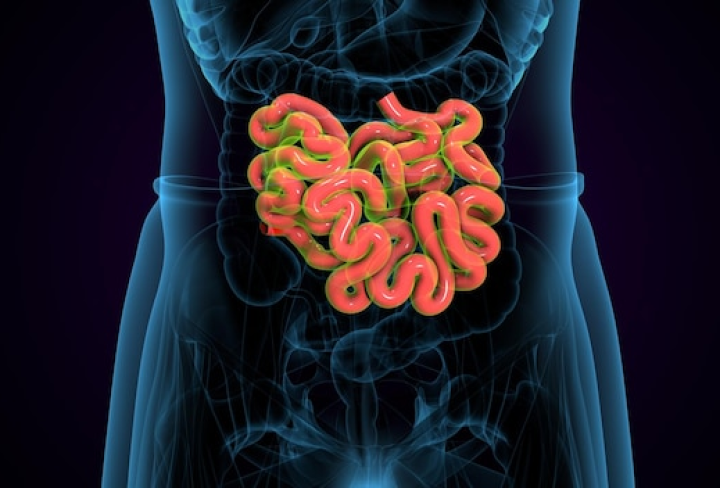What is Enterocolitis? It’s an inflammation in the intestines, which can affect your digestion and overall health. This condition can be quite impactful on daily life, causing discomfort and sometimes severe symptoms. Enterocolitis symptoms can vary, but they frequently include discomfort, diarrhea, and sometimes fever.
There are different types of enterocolitis, each with unique features. Bacterial enterocolitis comes from harmful bacteria. Viral enterocolitis is caused by viruses, often leading to mild symptoms. Then, there’s inflammatory enterocolitis, which can be part of larger conditions like Crohn’s disease. Understanding these variations is crucial as the management and enterocolitis treatment might differ for each.
This blog aims to serve as a compact guide to help you navigate this condition. We will explore enterocolitis causes, dive into diagnosing enterocolitis signs and symptoms, discuss treatment strategies, and highlight effective enterocolitis prevention measures. By understanding this comprehensive handbook, you can better manage and look after your gut health.
Understanding the Causes and Diagnosis of Enterocolitis
Enterocolitis causes vary, impacting how the condition is treated and managed. Bacteria like E. coli or Salmonella can lead to bacterial enterocolitis. Viral infections such as Rotavirus are typical in children. Other sources include parasitic infections, which are less common but impactful variants of enterocolitis causes.
Inflammatory causes include chronic diseases like Crohn’s or ulcerative colitis. These conditions disturb the gut lining and need specific attention. Knowing the enterocolitis diagnosis techniques can provide early relief and proper treatment.
Risk Factors
Some people are more prone to developing enterocolitis. These risk factors include:
- Age: Young children and older adults are more susceptible.
- Weakened immune systems: Conditions like HIV or undergoing cancer treatments lower immunity.
- Chronic digestive diseases: Pre-existing gastrointestinal conditions can increase risks.
To confirm enterocolitis diagnosis, doctors use a few straightforward tests. These include:
- Endoscopic examination: A tiny camera on a flexible tube checks the intestines.
- Stool tests: They look for bacteria, parasites, or viruses in your stool.
- Imaging studies, like X-rays or CT scans, give a clearer picture of the intestines.
These tests might sound technical, but they are routine procedures. Don’t hesitate to seek help if you experience persistent enterocolitis symptoms.
Management and Treatment Strategies for Enterocolitis
Managing enterocolitis involves different steps tailored to its type and severity. Enterocolitis treatment may include medications, dietary changes, or even rest to allow the intestines to heal.
Treatment Options
- Antimicrobial therapy: For bacterial enterocolitis, antibiotics can help.
- Supportive care: For viral types, the focus is on hydration and rest.
- Anti-inflammatory drugs: These help manage inflammatory enterocolitis.
Living with enterocolitis needs careful attention. It is essential to stick to your medication and follow your healthcare provider’s advice.
Practical Management Tips
- Dietary adjustments: Eat small, bland meals. Avoid dairy or spicy foods that can irritate your gut.
- Hydrate well: Drink plenty of water to replace lost fluids.
Complications can arise if enterocolitis is left untreated. Severe dehydration, bowel perforation, or prolonged inflammation are potential enterocolitis complications. Hence, timely treatment is crucial to prevent these complications.
Enterocolitis signs and symptoms should not be overlooked. New research is promising more effective treatments, so stay informed about advancements.
Prevention and Lifestyle Adjustments
Prevention is better than cure, especially with an uncomfortable condition like enterocolitis. Enterocolitis prevention is primarily about good hygiene.
Here are some simple steps to protect yourself:
- Wash your hands: Especially before meals and after using the bathroom.
- Food safety: Always cook foods thoroughly and wash raw produce.
Lifestyle changes can also prevent the recurrence of enterocolitis. Stick to a balanced diet and avoid triggers that upset your stomach. While many myths circulate about gut health, evidence shows these preventive steps work.
We’re all in this together. Let’s take action by following these enterocolitis prevention strategies to keep our guts healthy and happy.

